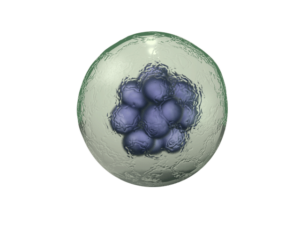Why are Vitamins and Nutrients important?
Energy and Metabolism: Certain vitamins, like B vitamins (B12, B6), are crucial for converting food into energy. They help metabolize carbohydrates, fats, and proteins, providing the energy needed for daily activities.
Cellular Protection: Nutrients such as vitamins A, C, and E, along with minerals like zinc and selenium, act as antioxidants. They protect cells from damage caused by free radicals, which contribute to aging and disease.
Immune System Function: Vitamins C, D, and E, as well as minerals like zinc and selenium, support a healthy immune system. They aid in fighting off infections and diseases by supporting immune cell function and production.
Bone Health: Essential nutrients like calcium, vitamin D, magnesium, and phosphorus are vital for maintaining strong and healthy bones. They support bone density, growth, and repair, reducing the risk of fractures and osteoporosis.
Nervous System and Cognitive Health: B vitamins, especially B12 and folate, play a crucial role in nerve function and neurotransmitter production. They support cognitive function, mood regulation, and overall nervous system health.
Heart Health: Omega-3 fatty acids, found in fish oil and flaxseeds, support heart health by reducing inflammation, lowering triglyceride levels, and improving cholesterol profiles.
Metabolism and Hormone Regulation: Various vitamins and minerals, such as chromium, manganese, and iodine, help regulate metabolism, hormone production, and thyroid function. They contribute to maintaining a healthy weight and energy balance.
Skin, Hair, and Nail Health: Vitamins A, C, E, and biotin are essential for maintaining healthy skin, hair, and nails. They promote collagen production, protect against UV damage, and support the growth and strength of hair and nails.
Overall, a balanced diet rich in a variety of nutrients is essential for overall well-being, growth, development, and disease prevention.









